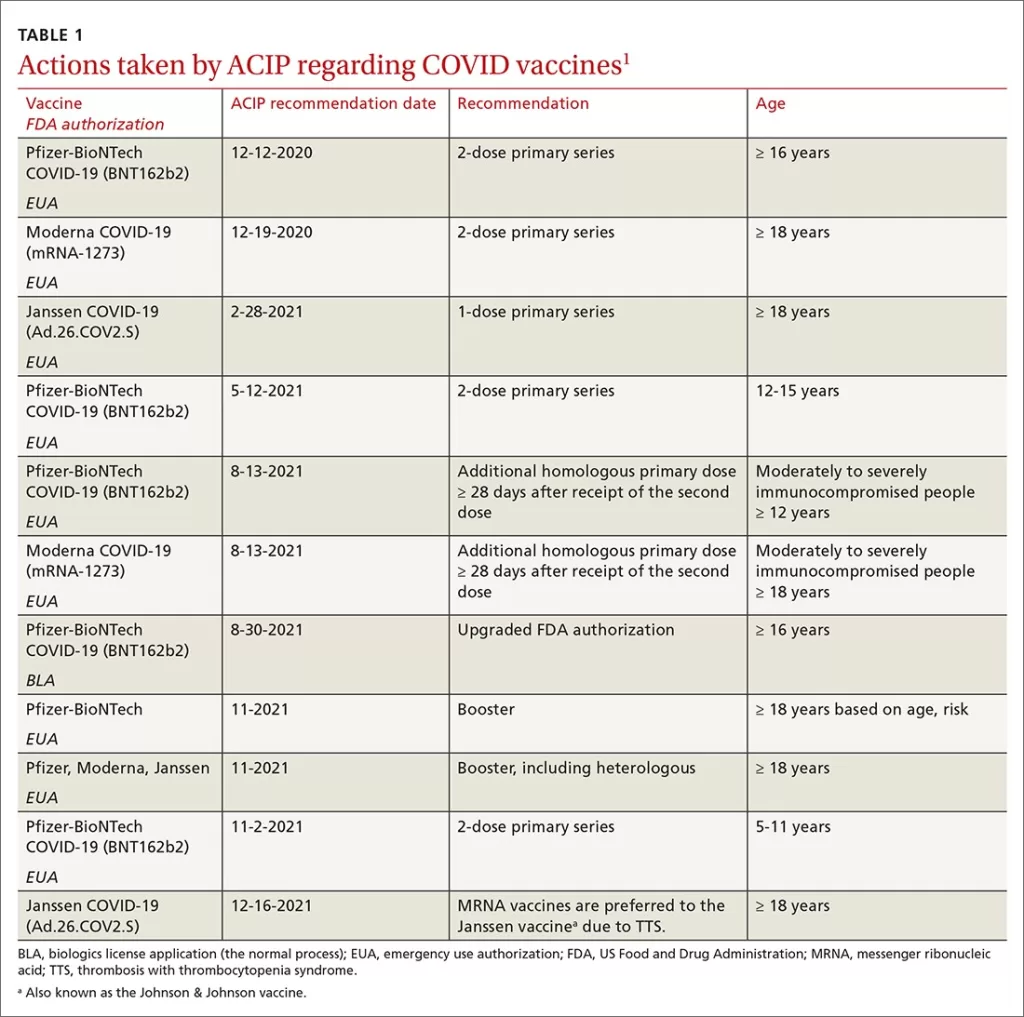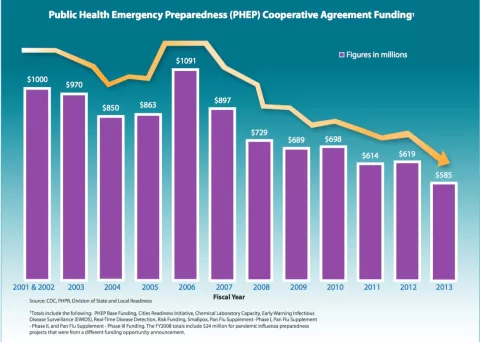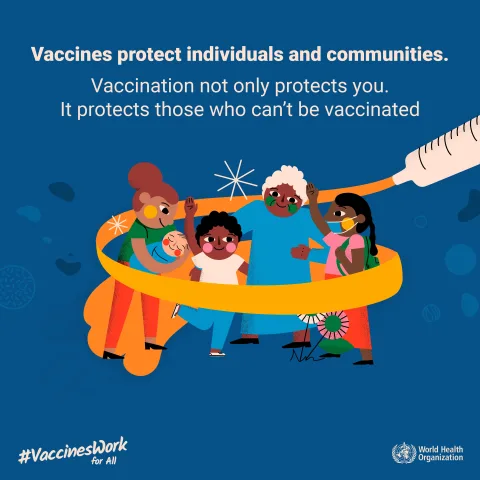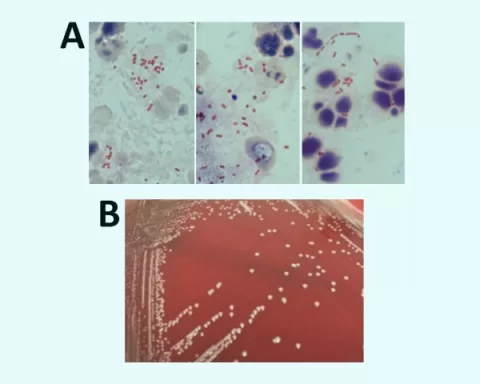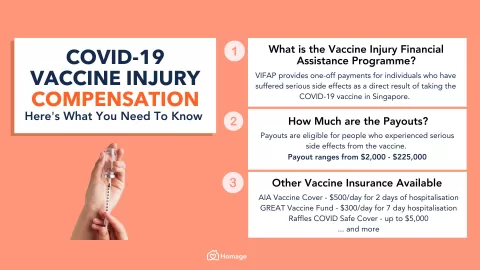The Advisory Committee on Immunization Practices (ACIP) plays a crucial role in shaping vaccine recommendations in the United States, providing guidance that directly impacts public health. Recently, changes have sparked dialogue about the transparency of these recommendations, especially following the announcement from the Department of Health and Human Services (HHS). By barring nonvoting liaison members from ACIP work groups, the HHS aims to address perceived biases while inadvertently raising concerns about vaccination transparency. Critics argue that removing these experts undermines the committee’s ability to assess vaccine efficacy comprehensively and hinders a balanced dialogue. With tensions rising, the future of CDC vaccine advisory protocols may be set for significant transformations, highlighting the delicate balance between governance and public trust in immunization practices.
The recent alterations to the composition of the vaccine advisory board, often referred to as ACIP, have led to a re-evaluation of how immunization guidelines are formulated in the United States. Known for its pivotal role in advising on vaccination policies, ACIP’s influence extends to various stakeholders, including healthcare professionals and public health advocates. The ongoing developments concerning participation restrictions for certain liaison groups have triggered debate about the integrity of vaccine assessments and the maintenance of vaccination integrity. This situation reflects a broader concern about how these shifts may impede collaborative efforts in addressing vaccine effectiveness and public health advocacy. As the framework for vaccine recommendations evolves, the implications for public confidence in immunization programs continue to grow.
The Impact of HHS’s Decision on ACIP Work Groups
The recent decision by the Department of Health and Human Services (HHS) to bar nonvoting liaison members from participating in Advisory Committee on Immunization Practices (ACIP) work groups has stirred considerable concern among public health professionals. Historically, these work groups have played a significant role in assessing vaccine efficacy and safety, relying on the expertise of a wide array of organizations, including notable medical associations. This abrupt change raises questions about how vaccine recommendations will be formulated moving forward, particularly given the importance of diverse opinions in shaping public health policy that resonates with both clinicians and the community.
By excluding these liaison members, HHS could be stifling valuable input that has previously aided in transparency and thorough review of vaccinology. The engaged perspective of these groups is crucial in understanding vaccination impacts on different demographics, especially when determining target age groups for specific vaccines. Without their input, the potential for biases in the recommendations made by the remaining ACIP members may grow, ultimately hindering the efficacy of future vaccination campaigns.
Concerns About Vaccination Transparency Post-HHS Directive
The directives issued by HHS, which effectively limit participation from certain knowledgeable groups, underscore significant concerns regarding vaccination transparency. The absence of experienced voices and potential biases introduced by the newly appointed members can fuel mistrust in vaccine development processes among both health professionals and the public. Transparency in vaccine discussions is fundamental to maintaining confidence in public health initiatives, especially as vaccination rates fluctuate and public sentiment toward vaccines increasingly shifts under misinformation.
A collaborative approach involving various stakeholders has always been critical in creating robust vaccine recommendations. Without the diverse expertise of organizations like the American Academy of Pediatrics, the risk of narrowing the conversation around vaccines grows. Recognizing the need for a transparent dialogue around vaccine science can foster community trust and promote adherence to vaccination schedules, which is essential for maintaining herd immunity.
ACIP Vaccine Recommendations: The Need for Diverse Perspectives
As the ACIP works to craft future vaccine recommendations, the inclusion of multifaceted perspectives is essential to ensure comprehensive evaluation of vaccination strategies. The decision by HHS to revise the group composition could result in the omission of critical viewpoints that have traditionally influenced recommendations grounded in scientific evidence and community health needs. Such changes could curtail the vetting process for ACIP vaccine recommendations, leading to solutions that might not fully reflect the complexities of immunization across different populations.
Moreover, the public’s perception of vaccine efficacy and safety is heavily influenced by how recommendations are perceived; transparency is key to this process. The engagement of unique stakeholder groups as part of the process can enhance the credibility of the ACIP’s guidance. As we navigate the post-pandemic landscape, it is imperative that the groups involved in vaccine recommendations reflect a wide spectrum of medical expertise to appropriately address public health challenges.
The Role of HHS Liaison Members in Public Health
The role of HHS liaison members within the ACIP framework has been integral in ensuring that public health perspectives are embedded in vaccine discussions. These liaison contributions have allowed for a more comprehensive understanding of how various communities experience vaccination differently, influencing the overall success of vaccination programs. However, with the recent restrictions, this breadth of experience may no longer be accessible, potentially leading to recommendations that do not consider the nuances of community health.
Removing seasoned professionals from these discussions categorically undermines the importance of collaborative public health strategy development. The HHS directive threatens the ability of the ACIP to adapt to emerging needs in vaccine delivery and education, which is crucial in a climate where misinformation can easily proliferate. Revamping the liaison approach may set back the critical work of vaccine advocacy and education.
Public Health Organizations Respond to HHS Changes
In the wake of HHS’s decision, numerous public health organizations have raised their voices in opposition, fearing that this policy shift could lead to a detrimental impact on vaccine discourse. The joint statement issued by several major medical associations reflects the sentiments shared across the field, emphasizing concerns about compromised scientific review capabilities. This collaboration is vital for shaping accurate and impactful vaccine recommendations, particularly during a period when public trust in vaccines is already fragile.
Health organizations argue that excluding their input will undermine public confidence in vaccination programs at a time when clear guidance and robust support for vaccine uptake are desperately needed. A transparent, science-based approach must continue to dominate vaccine discussions, with all relevant parties included to foster greater public trust and adherence.
Navigating Vaccine Efficacy Discussions with New Members
The landscape of vaccine efficacy discussions faces uncertainty as new members replace traditional groups within the ACIP framework. The replacement of experienced ACIP members with individuals potentially lacking robust backgrounds in vaccine science could distort the conversations around immunization safety and effectiveness. Vaccine efficacy discussions should be rooted in established science, and any shift from this paradigm poses risks of propagating misunderstandings about vaccine roles in public health.
Understanding vaccine efficacy requires a collaborative dialogue that engages multiple experts, from immunologists to public health practitioners. New members must approach discussions with an open mind toward evidence-based practices while remaining responsive to the critiques that arise from the broader community. The pressing need for effective vaccine policies amidst increasing scrutiny demands that all voices are included in crafting comprehensive recommendations.
ACIP’s Historical Function in Vaccination Policy
Historically, the Advisory Committee on Immunization Practices (ACIP) has served as a cornerstone in establishing and recommending vaccination policies in the United States. The committee’s composition was designed to incorporate a wide array of stakeholders to ensure that policy recommendations are well-informed and reflective of varied public health needs across diverse populations. This historical perspective highlights the importance of collaborative input that current changes threaten to disrupt.
Over time, ACIP’s recommendations have influenced vaccination protocols significantly, driving improvements in overall community health and public safety. Maintaining the integrity of this committee’s established processes is crucial as it affects not only current vaccination campaigns but also future public health responses, especially in the wake of emerging health challenges.
Ensuring Future Sustainability of ACIP Protocols
Looking forward, the sustainability of ACIP’s protocols hinges on the committee’s ability to adapt while ensuring diverse expertise informs recommendations. The current methodological changes prompted by HHS have raised alarms among health advocates about the potential long-term impacts on vaccine policy formulation. Reinstating a balanced representation of public health voices is essential to ensuring future vaccine programs are robust, scientifically founded, and devoid of conflict of interest that could endanger community health.
The future of vaccination transparency and efficacy hinges on the recognition of the diverse influences that contribute to effective health policy crafting. Sustainable solutions in vaccine administration demand engagement with varied stakeholders, ensuring that every angle is represented. AS we strive to address community vaccination hesitancy, revitalizing the inclusive environment that characterized ACIP’s past work will be imperative.
The Influence of Medical Associations on Vaccine Discussions
Medical associations have historically played a crucial role in shaping public health policy and influencing vaccine discussions. By collaborating with ACIP, these organizations contribute essential knowledge derived from clinical practice and ongoing research, facilitating a more thorough assessment of vaccine efficacy and safety. However, the recent restrictions on their ability to participate may dilute the quantitative and qualitative insights they bring to the table.
As ongoing vaccine discourse evolves, the influence of these medical associations remains pivotal in maintaining robust guidelines that foster public trust. Opposing voices advocating for transparency and collaborative input are essential for developing recommendations that adequately serve community health needs.
Frequently Asked Questions
What recent changes have been made to ACIP vaccine recommendations concerning liaison members?
On July 31, 2023, the Department of Health and Human Services (HHS) informed about 30 nonvoting liaison groups that they would be barred from participating in ACIP work groups. This change affects how the CDC’s vaccine advisory group operates, as liaison members had previously contributed to the discussions on vaccine efficacy and safety.
Why were liaison members removed from ACIP work groups?
Liaison members were described as special interest groups with suspected biases based on their constituencies. The HHS deemed that their removal would enhance the integrity of discussions regarding ACIP vaccine recommendations, despite pushback from medical associations who argue this change undermines vaccination transparency.
How do ACIP work groups contribute to vaccine recommendations?
ACIP work groups, which include CDC staff and, formally, liaison members, are responsible for assessing vaccine efficacy, calculating the benefits versus costs, and proposing language for recommendations. Their input is crucial for ensuring thorough evaluations of vaccine safety and effectiveness.
What concerns have been raised by medical associations regarding the removal of liaison members from ACIP?
Medical associations have issued statements expressing alarm about the removal of their medical expertise from the process of developing vaccine recommendations. They argue that this move jeopardizes public health and undermines trust in vaccination practices.
What is the role of ACIP in vaccine policy?
The Advisory Committee on Immunization Practices (ACIP) advises the CDC and HHS on vaccine policy, including recommendations for vaccine administration based on factors such as safety, efficacy, and population needs. Changes to how ACIP operates, including the recent exclusion of liaison members, can significantly impact these recommendations.
How does the exclusion of HHS liaison members affect vaccine discussions and recommendations?
The exclusion is likely to limit diverse perspectives in discussions about ACIP vaccine recommendations, potentially compromising the thoroughness and transparency traditionally associated with these deliberations. This could lead to a narrower focus in assessing vaccine efficacy and potential public health impacts.
What is the significance of vaccination transparency in the context of ACIP recommendations?
Vaccination transparency is essential for fostering public trust and ethical decision-making in vaccination policies. The recent barring of liaison members from ACIP work groups raises concerns about transparency in the development of vaccine recommendations, as it excludes knowledgeable voices from critical discussions.
What are the implications of recent changes in ACIP’s membership and operations?
The recent changes in ACIP’s membership, including the appointment of new members with varying expertise, alongside the removal of liaison members, may influence the credibility and acceptance of vaccine recommendations, particularly among healthcare professionals and the public.
| Key Points | Details |
|---|---|
| HHS Letter Regarding Liaison Members | On July 31, HHS notified about 30 nonvoting liaison members from medical and public health organizations that they are barred from participating in ACIP work groups. |
| Reason for Exclusion | Liaison members are considered biased special interest groups representing certain constituencies. |
| Impact on Vaccine Recommendations | Work groups, typically including CDC staff, review vaccine efficacy and safety and formulate recommendations for ACIP meetings. |
| Change in ACIP Membership | In June, Secretary Robert F. Kennedy Jr. replaced all previous ACIP members with new ones, some being vaccine skeptics. |
| Response from Major Medical Associations | A joint statement from several major medical associations expressed disappointment over the exclusion from the ACIP process, indicating it threatens public health and trust. |
Summary
ACIP vaccine recommendations are now facing significant scrutiny following the Department of Health and Human Services’ recent decision to bar liaison members from participating in ACIP work groups. This move has raised concerns among medical professionals and public health advocates who worry that their absence will hinder transparency and the thorough review of vaccine efficacy and safety data. The changes in ACIP membership, including the addition of vaccine skeptics, further complicate the landscape of vaccine recommendations and have sparked alarm among key medical organizations.
The content provided on this blog (e.g., symptom descriptions, health tips, or general advice) is for informational purposes only and is not a substitute for professional medical advice, diagnosis, or treatment. Always seek the guidance of your physician or other qualified healthcare provider with any questions you may have regarding a medical condition. Never disregard professional medical advice or delay seeking it because of something you have read on this website. If you believe you may have a medical emergency, call your doctor or emergency services immediately. Reliance on any information provided by this blog is solely at your own risk.



